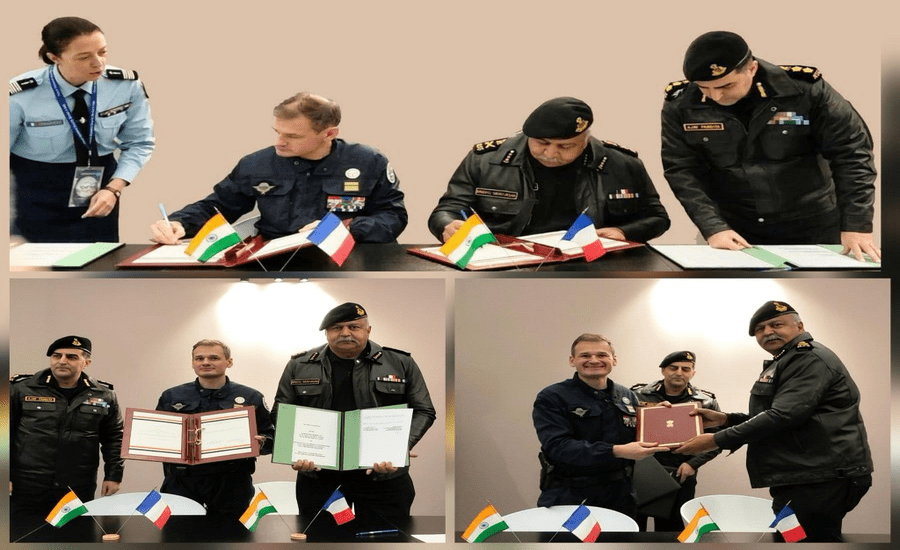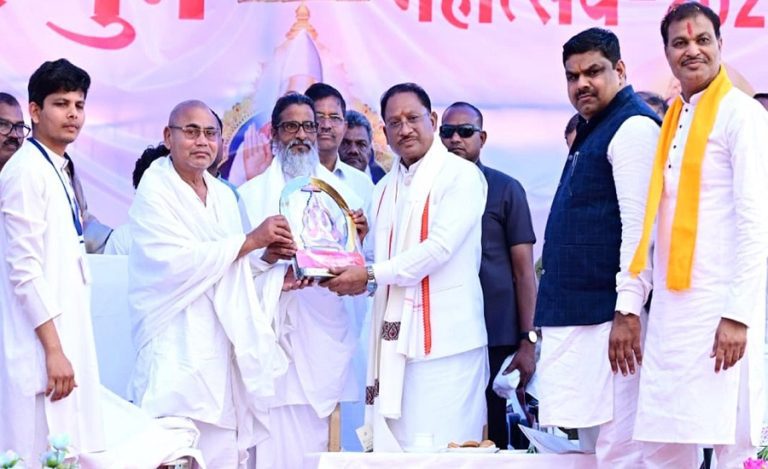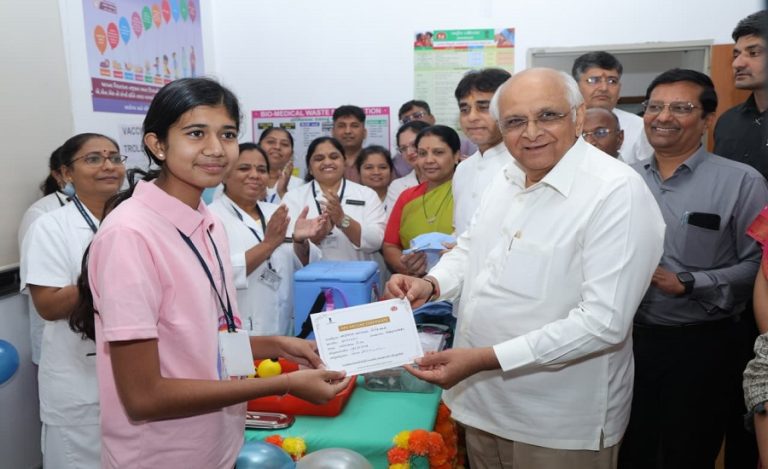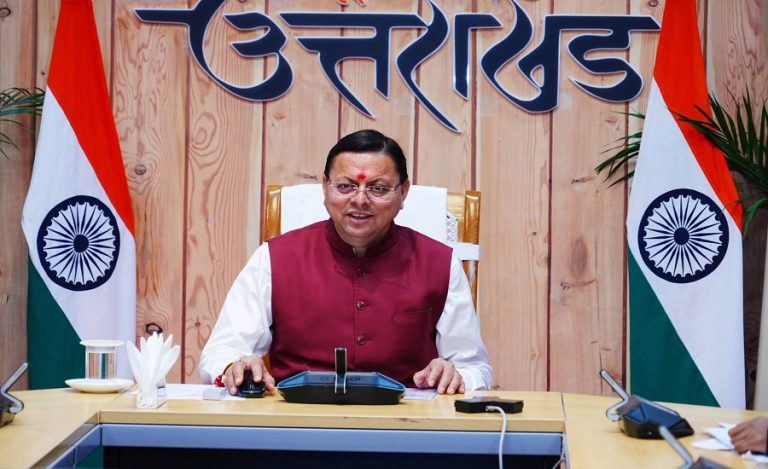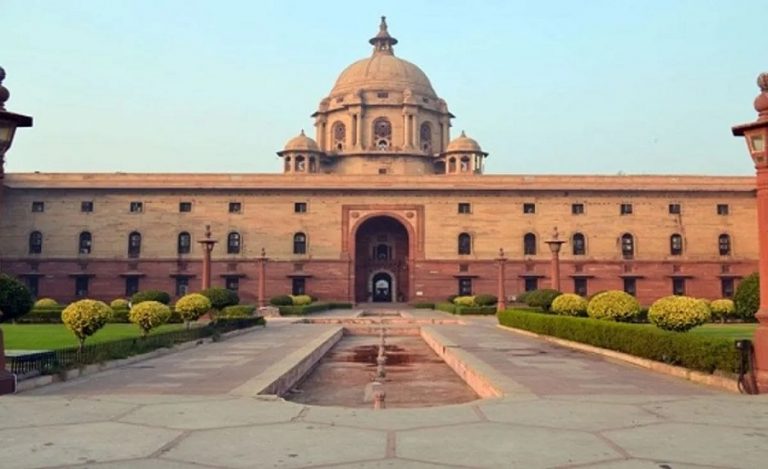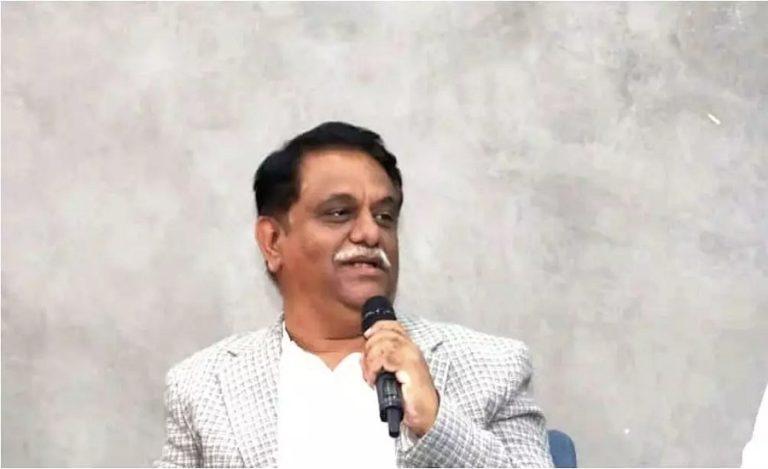Paris: India and France have strengthened their counter-terrorism cooperation with the signing of a Letter of Intent between the National Security Guard and France’s GIGN in Paris on November 19.
The historic agreement was signed by NSG Director General Brighu Srinivasan and GIGN Commander Colonel Benoit Villeminoz , marking a significant milestone in the strategic defense partnership between the two nations.
What Makes India France NSG GIGN Counter Terrorism Pact Special?
The Letter of Intent aims to enhance collaboration between the two elite counter-terror units by facilitating the exchange of expertise, experience, and specialized counter-terror skills.
This partnership will enable both nations to work together more closely in several key areas:
Joint Training Programs: The two forces will share their unique training methods and combat techniques.
Experience Sharing: Operatives from both units will learn from each other’s real-world missions and operations.
Technology Exchange: Advanced counter-terrorism equipment and technologies will be shared between the forces.
Tactical Cooperation: Both units will develop joint strategies to handle complex terror situations.
What is NSG Aka The Black Cats
The National Security Guard is a central armed police force in India under the Ministry of Home Affairs and serves as the primary quick-reaction counterterrorism force of the Government of India.
Formation and History
The NSG was founded on October 16, 1984, following Operation Blue Star, to combat terrorist activities and protect states against internal disturbances.
Why Are They Called Black Cats?
NSG commandos are nicknamed “Black Cats” because of their distinctive black combat uniforms, balaclavas, and assault helmets they wear during operations.
Elite Selection Process
Becoming an NSG Commando requires minimum 3-5 years of service in the Indian Armed Forces or Central Armed Police Forces, with candidates generally below 35 years of age.
The selection process is highly demanding and has a dropout rate of about 70-80 percent, with a 14-month-long training course spanning three phases .
Key Capabilities
The NSG specializes in multiple critical operations including counter-terrorism, hostage rescue missions, bomb disposal, VVIP security protection, and airborne combat operations.
Famous Operations
One of NSG’s most celebrated operations was Operation Black Tornado during the 2008 Mumbai attacks, which lasted over 60 hours and successfully eliminated terrorist threats while rescuing civilians from the Taj Hotel, Oberoi Trident, and Nariman House .
What is France’s GIGN: World’s Most Experienced Counter-Terror Force
GIGN is the elite police tactical unit of the French National Gendarmerie, handling missions including counterterrorism, hostage rescue, surveillance of national threats, protection of government officials, and critical site protection.
A Legacy of Excellence
Since its formation, GIGN has been involved in over 1,800 missions and has rescued more than 600 hostages, making it one of the most experienced counter-terrorism units in the world.
Birth After Munich Tragedy
GIGN was formed in Maisons-Alfort, near Paris, in 1973, shortly after the Munich massacre at the 1972 Summer Olympics exposed a need for dedicated counterterrorist units .
Global Recognition
In December 1994, GIGN rose to worldwide prominence after successfully storming Air France Flight 8969, which had been hijacked by the Armed Islamic Group of Algeria at Marseille Provence Airport, with all four hijackers killed in the assault.
Force Strength
GIGN is now composed of nearly 1,000 operators, with around 400 based in Satory near Versailles in the Paris area and approximately 600 operators in fourteen regional branches across metropolitan France and French overseas territories .
Major Significance of India France NSG GIGN Counter Terrorism Pact
The Letter of Intent will enable both nations to deepen their synergy in tackling emerging security threats and to bolster joint capabilities in handling complex counter-terrorism operations.
- Today’s security challenges require international cooperation. Terrorist organizations operate across borders, making partnerships between elite forces essential for global security.
- Both NSG and GIGN bring decades of operational experience. The NSG has extensive experience in South Asian counter-terrorism, while GIGN has operated globally across multiple continents.
- This partnership strengthens security cooperation in the Indo-Pacific region, where both India and France share strategic interests.
Recent India-France Defense Cooperation Developments
The NSG-GIGN agreement comes amid broader India-France defense cooperation:
- Just days before the NSG-GIGN pact, India’s DRDO and France’s DGA signed a comprehensive Technical Agreement for joint research and development in defense technologies, covering areas like artificial intelligence, cyber security, advanced sensors, and quantum technologies.
- Both countries regularly conduct joint military exercises including VARUNA (naval), SHAKTI (army), and GARUDA (air force) to enhance interoperability and cooperation.
- Security analysts view this NSG-GIGN partnership as a natural progression of India-France relations. Both nations face similar security challenges from extremist organizations and require specialized forces capable of rapid response.
- The exchange of expertise between these two world-class units will create new operational capabilities and enhance the effectiveness of counter-terrorism operations in both countries.
Way Forward
Both nations are working toward their “Horizon 2047” vision, which outlines bilateral cooperation goals leading up to India’s 100th year of independence.
With France being a permanent UN Security Council member and India’s growing global influence, this partnership carries significance beyond bilateral relations, contributing to international security and stability.
This Letter of Intent establishes a framework for long-term cooperation between NSG and GIGN. Expected outcomes include:
Joint Training Exercises: Regular exchange programs where commandos from both forces train together.
Technology Collaboration: Sharing of advanced equipment, surveillance systems, and tactical gear.
Intelligence Sharing: Real-time information exchange about emerging threats and terrorist activities.
Joint Operations: Potential for coordinated operations when situations require expertise from both forces.
Read also: ECIL Signs MoU with France’s Proengin SAS to Manufacture Advanced CBRN Chemical Detectors in India

